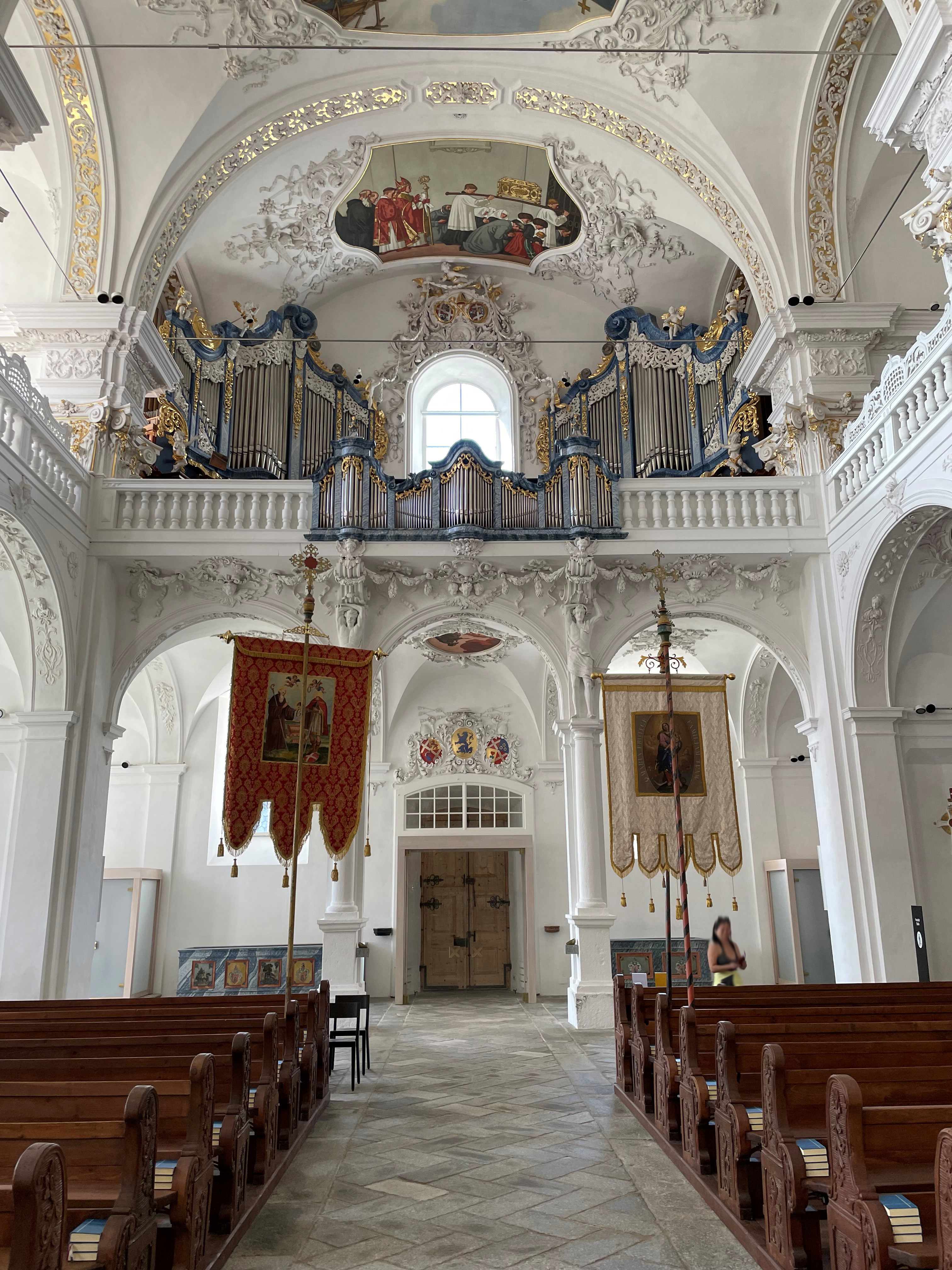Practical Theology
Practical theology is concerned with the life and practice of the Christian churches in the past and present. It can focus on the description and interpretation of practices: What is done and what does it mean? Or towards principles: how can different practices be justified theologically? Towards ideals: what practices would be desirable? Or towards competence: How is practical knowledge developed and transmitted?
First and second cycle education

At the undergraduate level, practical theology is included in several of the courses in the subject area Church and Mission Studies including bachelor's, master's or master's theses and reading courses.
Specializations
Practical theology contributes to the conversation about religious expression and experience in contemporary society, but it also aims to be of benefit to those preparing for ministry or working in churches. Therefore, there are several specializations that deal with areas where ministers need specialist skills, such as worship, teaching and church order (often referred to as Canon law).
The scholarly study of Christian worship is called liturgical studies. This sub-discipline includes hymnology, which deals with liturgical singing and hymns.
Christian teaching takes many forms, the most characteristic of which is preaching. The Greek word for a sermon is homilia, which is why the study of preaching is called homiletics. The study of the basic teaching of the churches on Christian faith and life has traditionally been called catechetics, from a Greek word meaning teaching.
The study of church order covers rules both for the external relations of the church - its relationship with the state, its organization and property - and for its internal life as expressed in, for example, for example worship and sacramental life.
There are also other specializations, such as the study of diaconal work, pastoral care and ecumenism. In addition, a variety of approaches to church practice have developed over time. If the interest is in strategies for pastoral work, one can use the term pastoral theology. In practical theology, the term spirituality refers to the study of the ideals and forms of spiritual life within a group. The term ecclesiology means 'learning about the church' and is used in practical theology when we seek to understand the relationship between a church's identity and its practices.
Methods and theories in practical theology vary depending on what is being studied and the purpose of the study. Methods drawn from both historical and behavioral research are used. Today, an increasing number of practical theologians also use ethnographic methods. Philosophy and systematic theology provide additional tools.
Exchange studies
A practical theologian needs to be constantly enriched by perspectives from other contexts and academic traditions. A period of study in another country is highly recommended! If you are a student at CTR and interested in exchange studies, please contact the study guidance or the international office.

Research education
Practical theological research in Sweden has traditionally emphasized the study of the Church of Sweden and has particularly sought a historical understanding of church practices. In these areas, we have a good legacy to maintain. At the same time, it is clear that the study of contemporary practices, without limitation to any particular denomination, is becoming increasingly important. At a time when social structures and demographics are changing rapidly, the conditions of church life are also changing. It is therefore important to have a subject that analyses the interaction between the historical heritage and the new challenges.
If you want to contribute to practical theological research, you are welcome to apply for our doctoral program. For those with a theological undergraduate degree, there is also the possibility to pursue studies at master’s level. In addition to the subject's professor, there are several teachers at CTR who are competent in different areas of practical theology. Regular research seminars are organized, usually in collaboration with Church History, sometimes together with other subjects.
General information third cycle studies
Recently submitted theses
The two most recent doctoral theses from 2024 are good examples of the breadth of practical theological research at CTR. Although both deal with preaching, they are very different: one is contemporary and the other historical.
Clara Nystrand, Teologisering i predikan: Vad det är och hur det skedde i Svenska kyrkan år 2020
Erik Bergman, Constructing Saint Birgitta: Birgittine Preaching and the Cult of Saint Birgitta in Vadstena Abbey, 1397–c. 1510.
Exempel på tidigare avhandlingar:
Ryszard Bobrowicz, Keeping Religion in the Closet? How Legible Religion Shaped Multi-Faith Spaces (2022)
Arne Olsson, Förnyelse – förbistring – försoning. En studie av vitaliseringsrörelser och ekumenisk utveckling på fem sydsvenska orter 1970–2015 (2018)
David Heith-Stade, The Rudder of the Church: A Study of the Theory of Canon Law in the Pedalion (2014)
Hanna Källström, Domkyrkan som andaktsmiljö under senmedeltiden. Linköping och Lund (2011)





